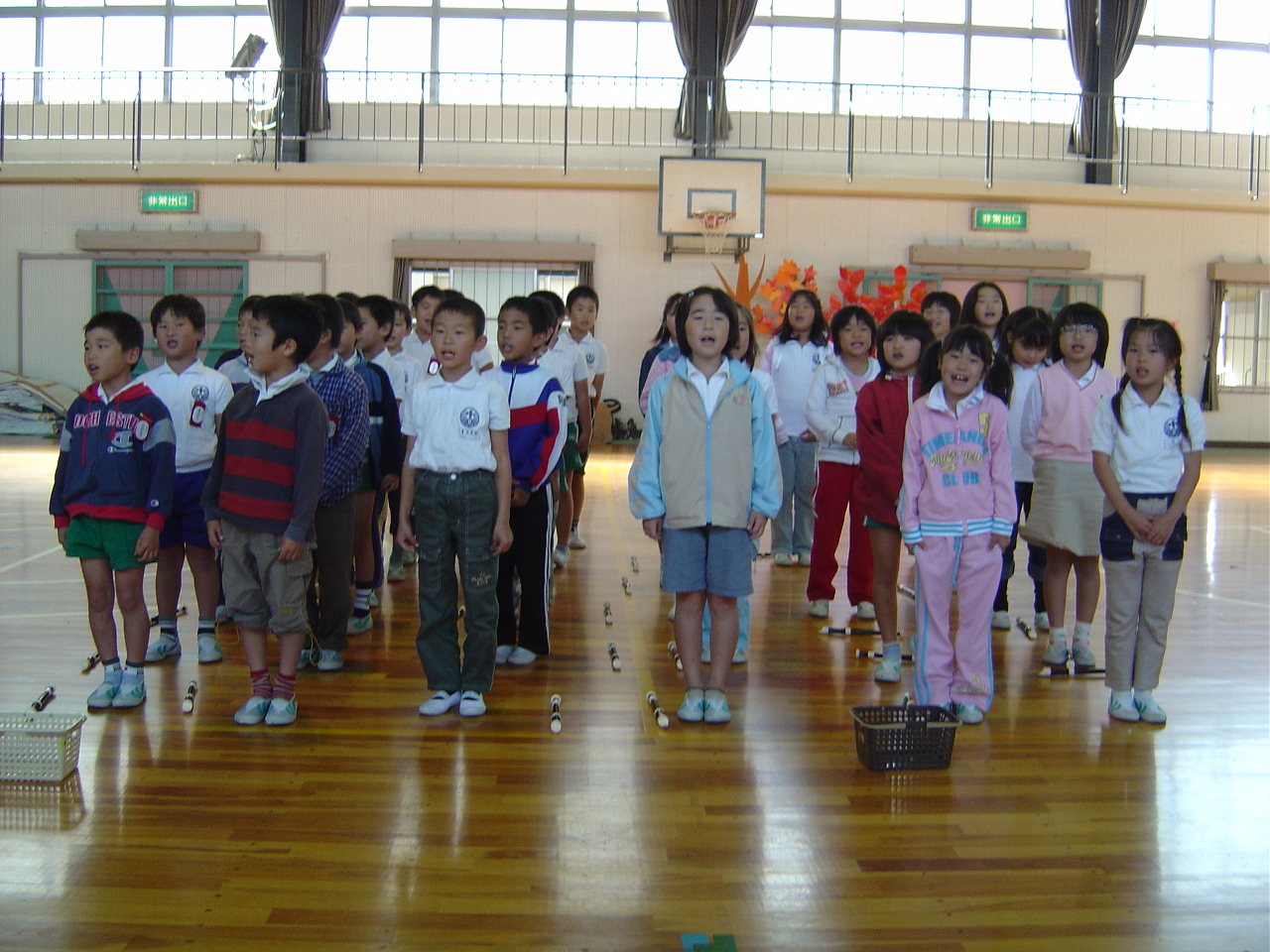Japanese Schools Are Teaching Kids Crucial Life Skills Americans Miss out On

By:
Japanese children are taught crucial practical skills in school that rarely make it into today's American classrooms.
 Wikimedia - wikimedia.org
Wikimedia - wikimedia.org
In Japan, students begin taking home economics in fifth grade and continue courses throughout junior high and high school.
The term "home ec" may conjure thoughts of teens taking home hard-boiled eggs to mimic parenting infants. However, these co-ed curricula cover a wide range of skills — from cooking, meal planning, and grocery shopping to sewing and constructing wooden furniture, the Wall Street Journal reports.
 Flickr / Tony Cassidy - flickr.com
Flickr / Tony Cassidy - flickr.com
These required courses, called katei-ka, were instituted in 1947, in hopes of bringing gender equality into households, columnist Alice Gordenker explains in the Japan Times.
Lawmakers believed the oppression of women prevented mothers from speaking up about sending their sons to war, Gordenker writes.
Despite these stated goals, the classes remained segregated for three decades, University of Chicago professor of East Asian studies Norma Field writes in the Asia Pacific Journal. Leaders have credited the leveling of gender roles as well as the country's slender population to these courses.
"People wouldn’t be as healthy as they are now." Japanese Education Ministry health education planner Takuya Mitani told CBC Radio Canada. "And gender equality wouldn’t be as prevalent. The boys also learn to sew and babysit. And because of that, we now have this younger generation of men who are contributing to raising their children,"
The opposite shift took hold in America during the middle of the twentieth century.
The 1917 Smith-Hughes Act funded teaching home economics, New York Times op-ed contributor Helen Zoe Veit explains. However, an increased focus on science and math education during the Cold War led many of these classes to lose funding, the Huffington Post reports. The feminist movement also fueled the shift away from home economics, the Boston Globe explains. Fast food and processed food also played a role in its decline.
 fast food drive thru - flickr.com
fast food drive thru - flickr.com
In recent years, there have been calls to revive home-ec to fight the obesity epidemic.
